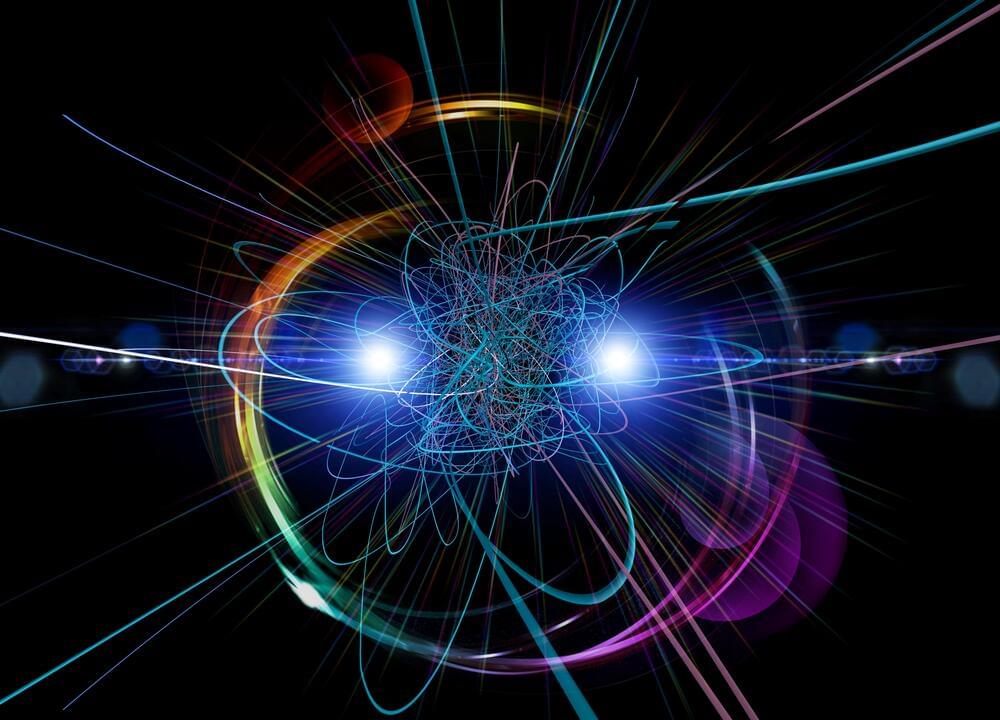Let me back up a moment. I recently concurred with megapundit Steven Pinker that over the last two centuries we have achieved material, moral and intellectual progress, which should give us hope that we can achieve still more. I expected, and have gotten, pushback. Pessimists argue that our progress will prove to be ephemeral; that we will inevitably succumb to our own nastiness and stupidity and destroy ourselves.
Maybe, maybe not. Just for the sake of argument, let’s say that within the next century or two we solve our biggest problems, including tyranny, injustice, poverty, pandemics, climate change and war. Let’s say we create a world in which we can do pretty much anything we choose. Many will pursue pleasure, finding ever more exciting ways to enjoy themselves. Others may seek spiritual enlightenment or devote themselves to artistic expression.
No matter what our descendants choose to do, some will surely keep investigating the universe and everything in it, including us. How long can the quest for knowledge continue? Not long, I argued 25 years ago this month in The End of Science, which contends that particle physics, cosmology, neuroscience and other fields are bumping into fundamental limits. I still think I’m right, but I could be wrong. Below I describe the views of three physicists—Freeman Dyson, Roger Penrose and David Deutsch—who hold that knowledge seeking can continue for a long, long time, and possibly forever, even in the face of the heat death of the universe.
